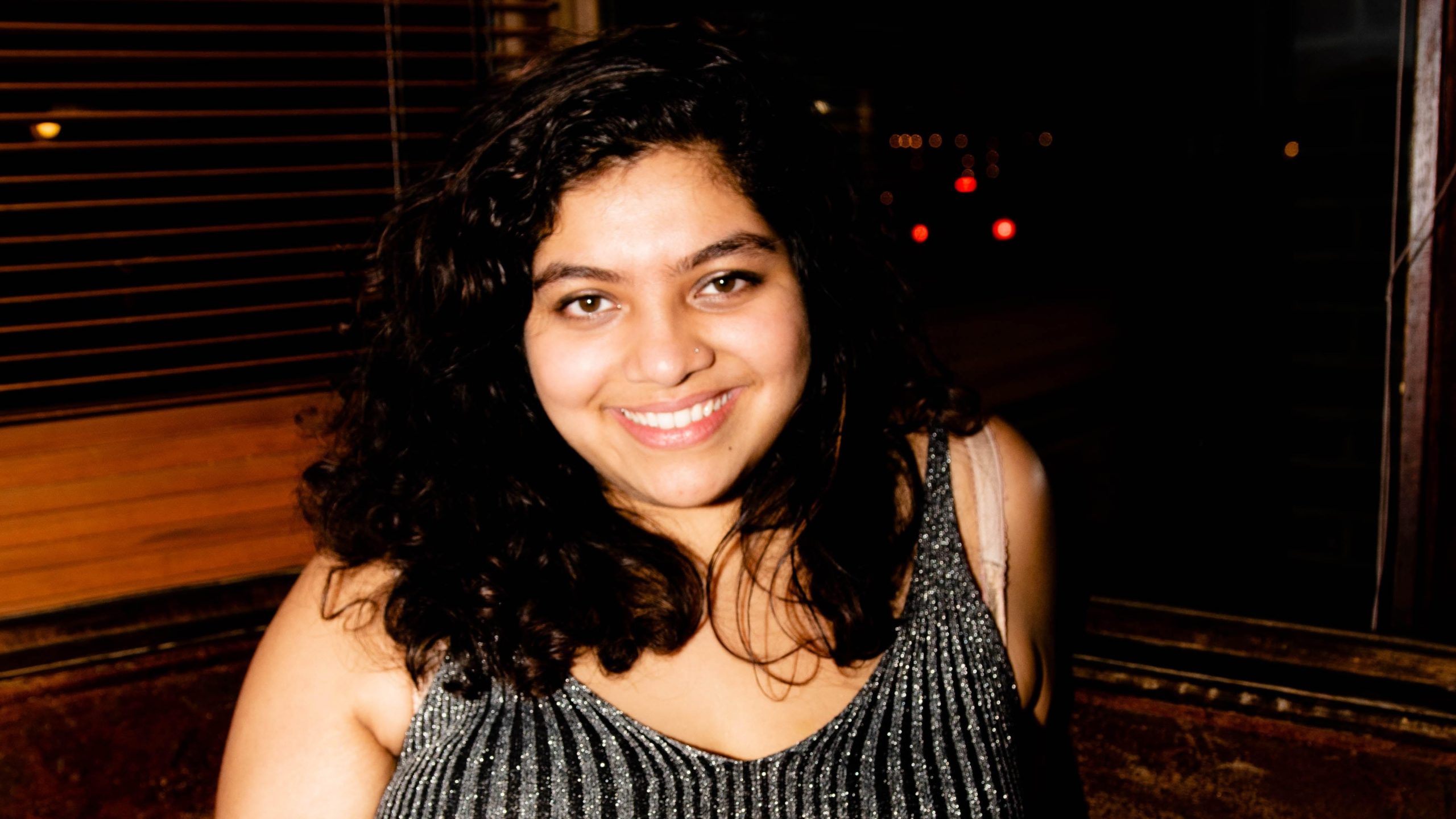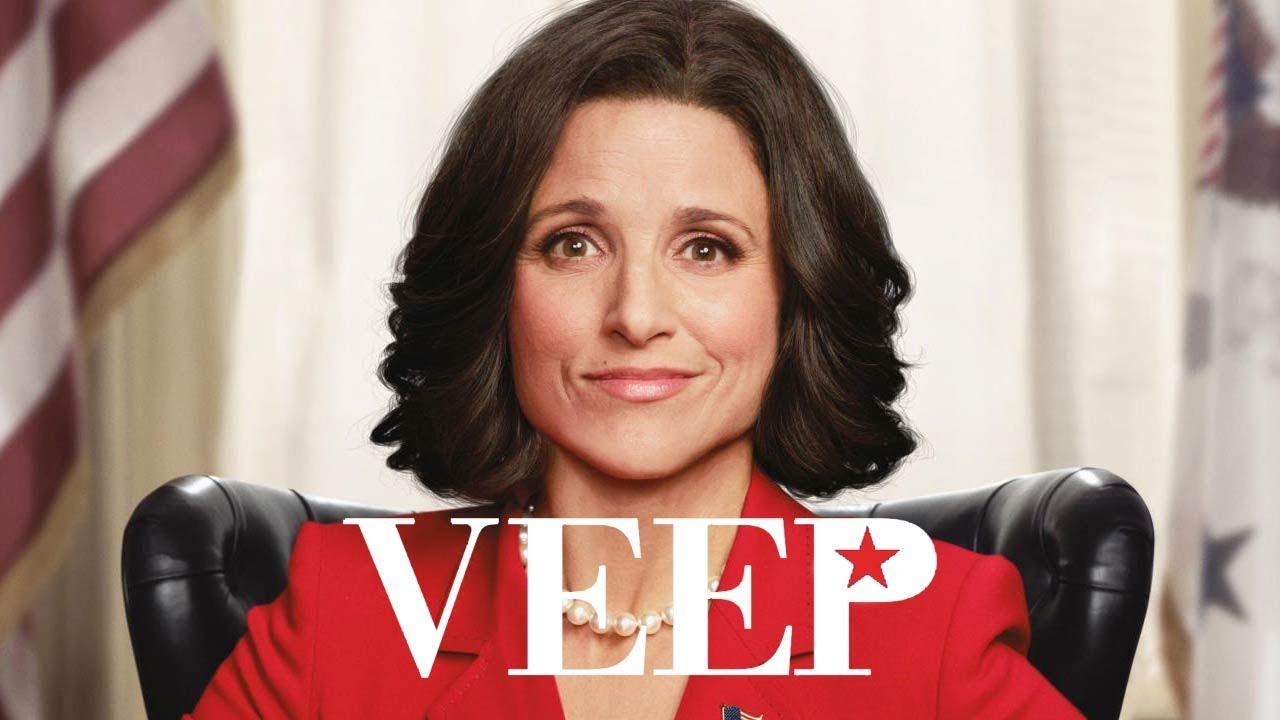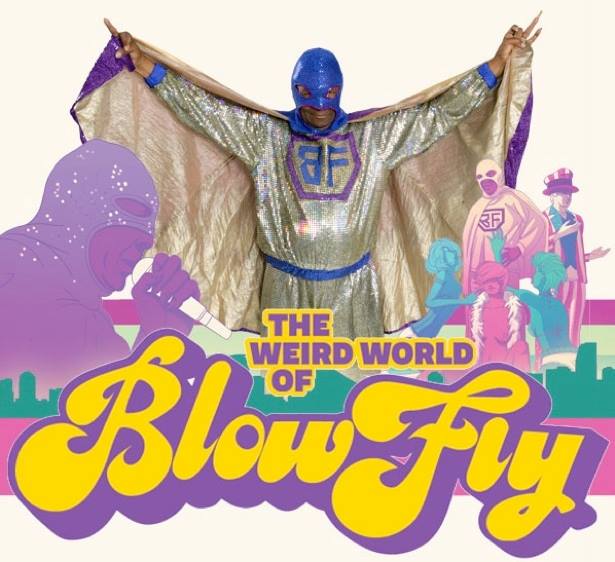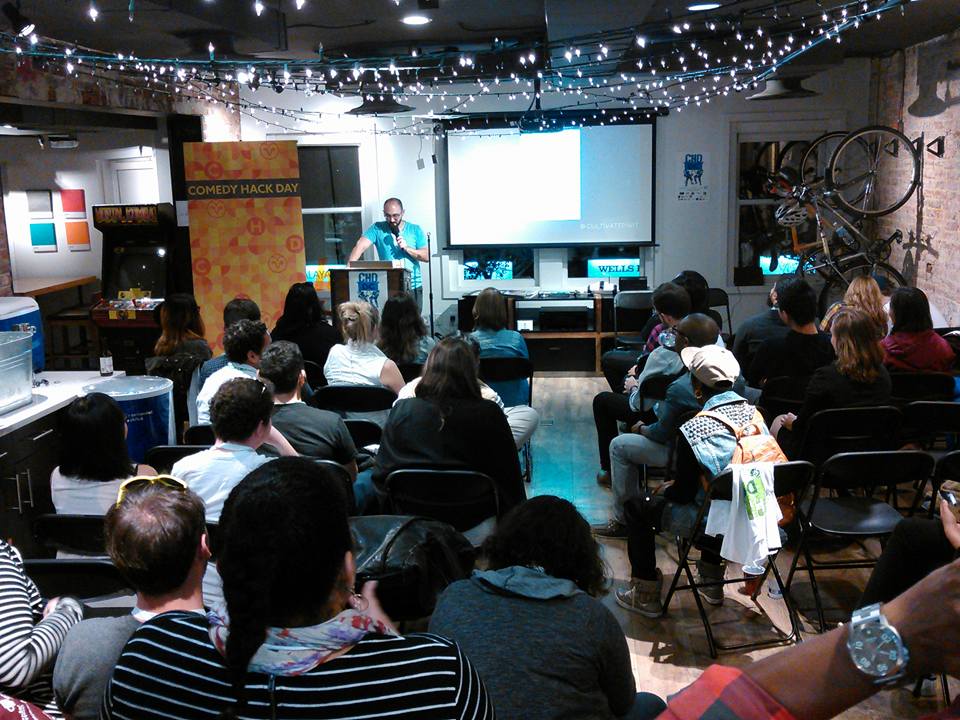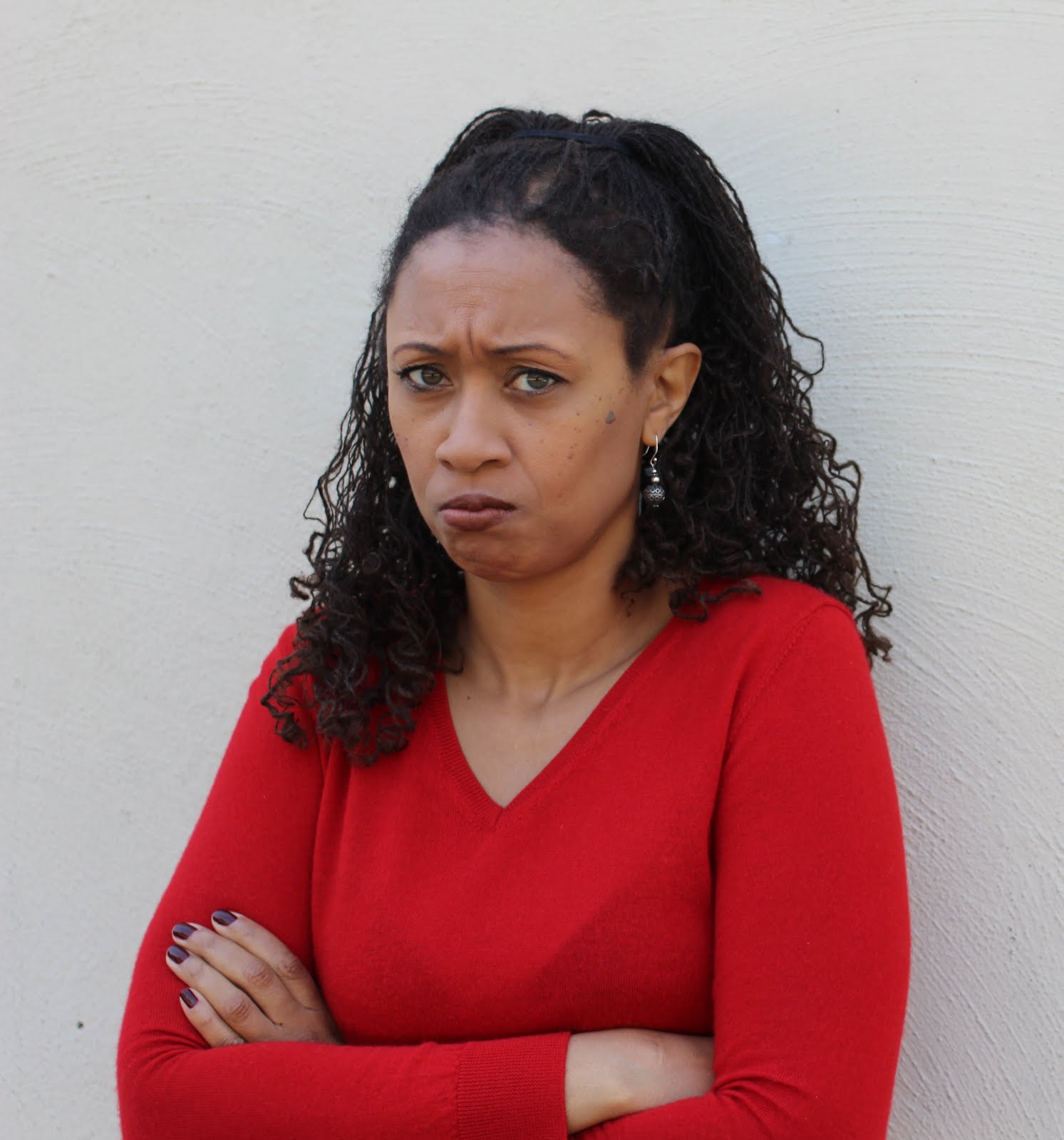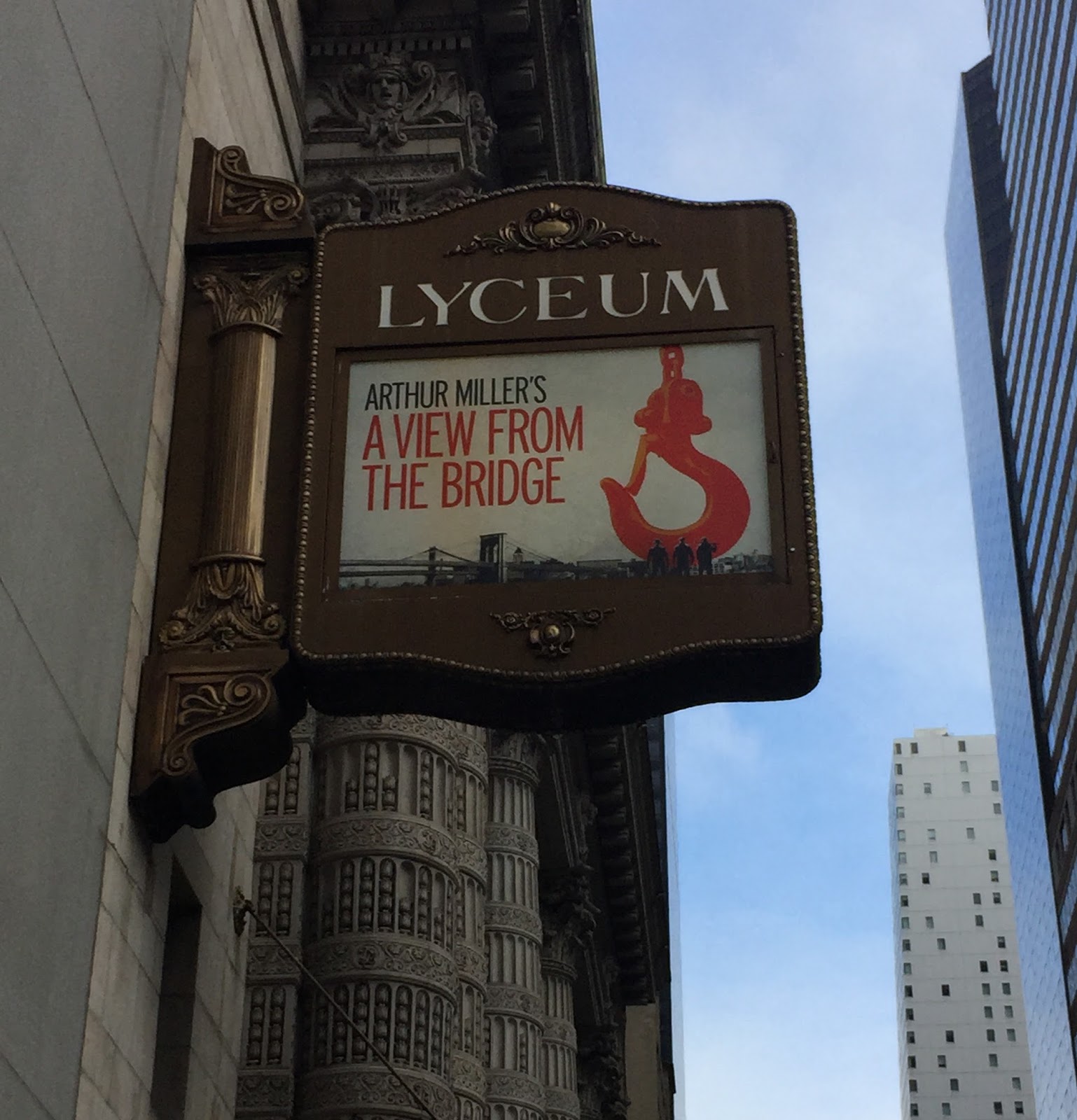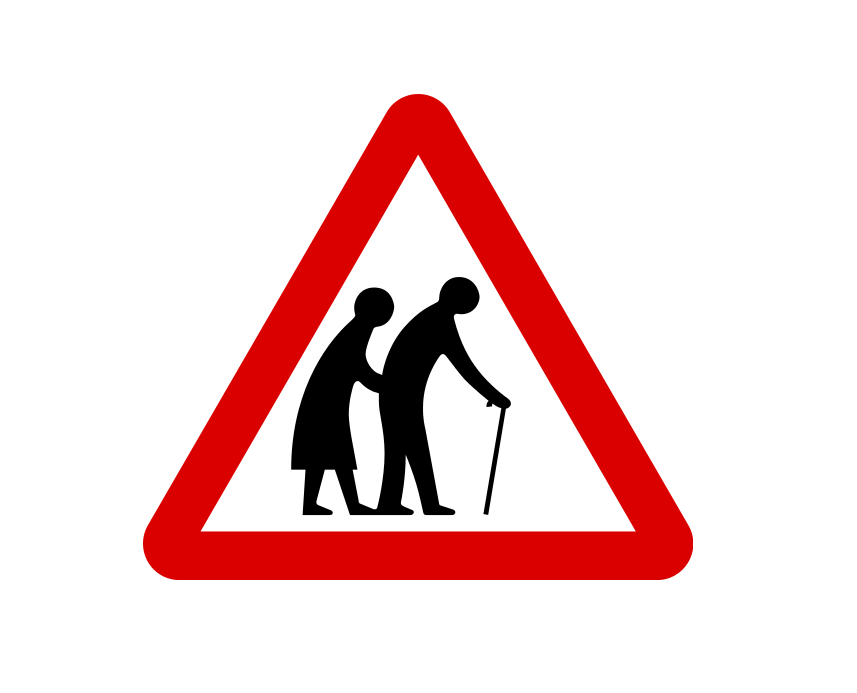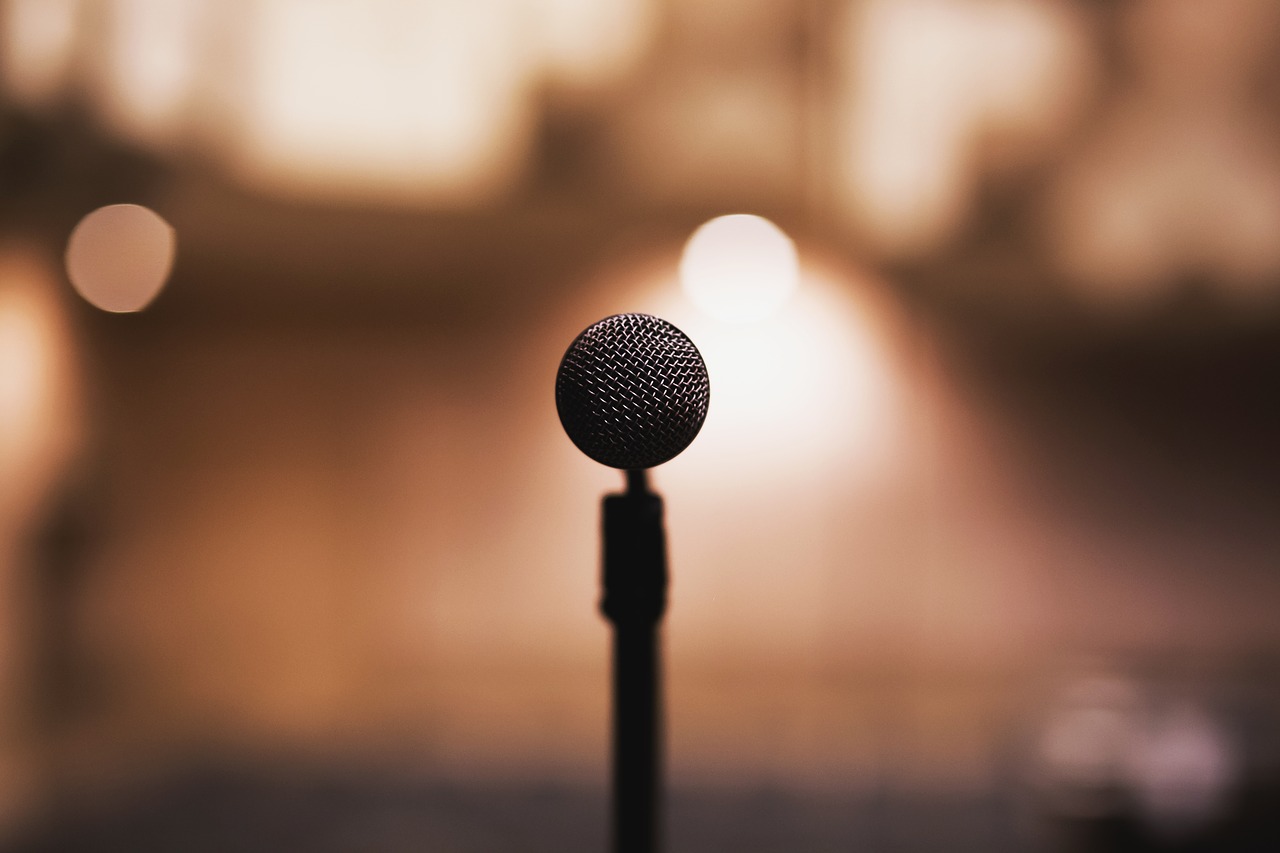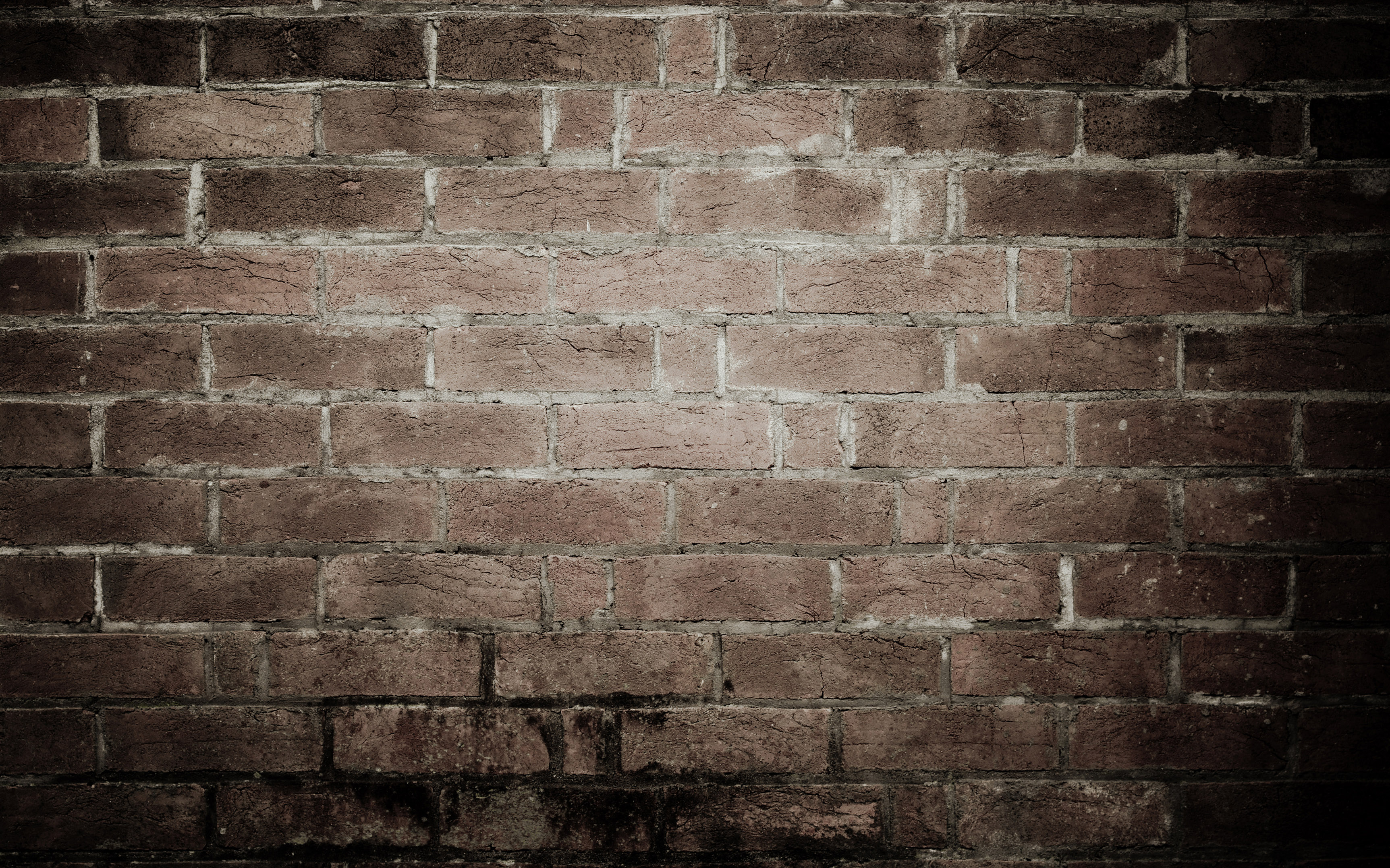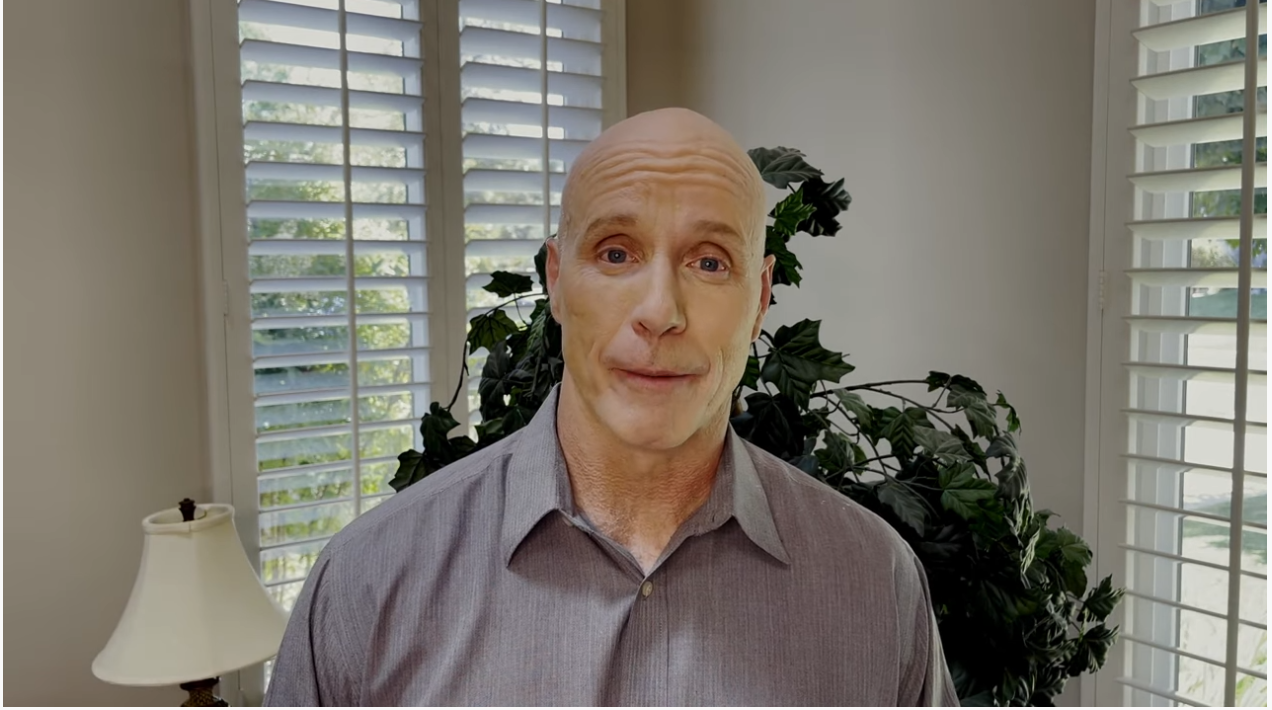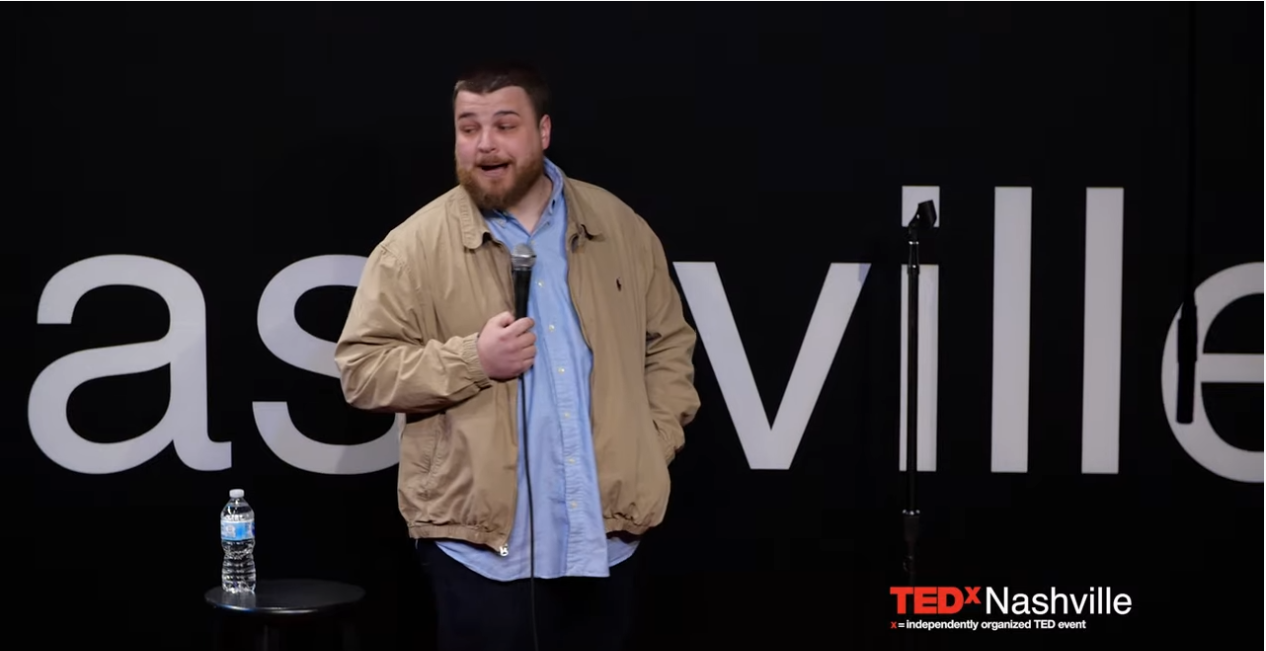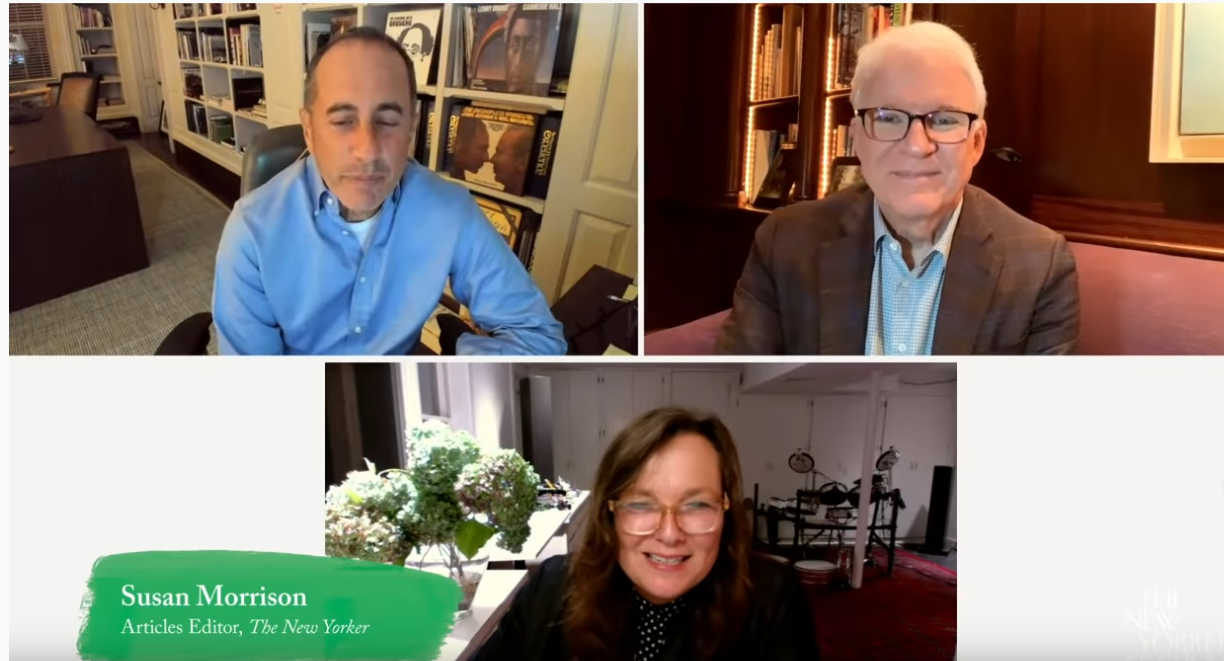 An English Comic in New York – “I don’t drink coffee, I drink tea, my friend.”
An English Comic in New York – “I don’t drink coffee, I drink tea, my friend.”
By David Baker
Stand-up comedy is the preserve of the English speaking world. There’s only five countries the art truly thrives: the US, UK, Canada, Australia and New Zealand. The four grand slam comedy festivals (Edinburgh, Montreal, Aspen, Melbourne) are all English speaking. Despite the internet and globalization, the rest of the world still prefers to sit down. There’s no Berlin Improv or Caroline’s on the Elysee. China may be a huge market for Western movies, music and TV. But the Beijing Comedy Palace has yet to open.
Within the English speaking world, England and America are the stand-up leaders. It’s said the UK and US are two nations separated by a common language. Maybe. But they like much of the same comedy. Sure, the US may have a greater propensity towards jokes about race, and the UK to jokes about the restroom. But much of the humor is similar. Despite this, few American comics have really taken off in England. And you can count on one hand the number of English comedians popular in the US (Gervais, Grant Izzard, Oliver) and still have a finger spare to flip off the guy who has stolen your New York cab whilst you did so.
So why is this? After all, the world is now globalized. Thanks to Al Gore, we all have the Internet. And we both speak (pretty much) the same language. Why don’t more English comedians come here? I’ve spent three years performing at clubs across the US. I’m almost always the only Brit. As far as I know, I’m the only English comic getting up regularly in New York. Why aren’t there more of me? The answer lies in the differences I’ve discovered between performing stand up in London and New York. There are more than you’d think. Five in particular:
First, the social contexts differ. Stand-up comedy is ‘glocal’. It’s global in the sense that funny is funny. Many jokes work anywhere. Jim Carrey’s St. Bernard is as good on the other side of the Atlantic as it is here. But when you go beyond a set up and punch to make political or social points in your comedy, you soon discover that the two countries’ political and social contexts vary widely. As such, comedy is also intensely local. George Lopez’s observations on being a Latino American will be met by blank looks at a club in Liverpool. Likewise, an English comic in New York has to alter his act to the one he does in London (and he’ll have to alter it even more if he goes to the Heartland). Attitudes in the two countries to guns, politics, religion, healthcare and foreign policy are different. So the jokes about them must be too. Coming to America requires an English comedian to change their act — and voice. That’s unsettling. It’s hard. It’s also time-consuming.
Second, stand up also remains intensely local in its organization. To get booked at New York’s comedy clubs, you have to prove yourself at New York’s comedy clubs. Being huge in London doesn’t cut it here. As a foreign comic coming to New York, you have to build up your relations from scratch. Again, that takes time.
Third, being a foreign comic in New York liberates you and restricts you. It restricts you in that audiences expect you to be English in your style (stiff, polite) whether you are or not. You have to play to that — even the posters for Ricky Gervais at Madison Square Garden have him in a top hat and umbrella (the ones for his show in London don’t).
Yet, many English comics aren’t especially English. Many are working class. Their comedy plays into English social and regional stereotypes that US audiences won’t understand. An English comic in London can reflect the struggles of inner city Liverpool in his stand up. Not in New York. To the audience here, he simply reflects the UK. This also limits the angle you can take to material. You’re forced to be guy commenting on American society from the outside — what you get, what you don’t. Yet at the same time, the English persona also frees you. American audiences will give a foreign comedian a pass on some issues, assuming you just don’t understand. This gives you a license to play with an audience (e.g. on race relations) to a degree that perhaps some American comics can’t. It can make observational comedy especially strong.
Fourth, attitudes to race. Race dominates stand up here in a way it doesn’t figure in the UK. On the whole, an English audience is more politically correct. More reluctant to laugh at ethnic differences in society. You have to tread more carefully. Class is the dividing line in London.
The final difference is heckling. In the main, comedy clubs in New York are civilized places, complete with waitress service. In London, they are small rooms above noisy pubs. Stand up in London is a rougher fare. The audience heckles and expects the comedian to be able to put a heckler down. It’s part of how they judge him. If you heckle in New York, you’ll soon find a rather large man dressed in black standing behind you.
Travel broadens the mind. It also strengthens your comedy. Let’s get more British comics here and more American comics in London. After all, if we can defeat Nazism and Communism together, can’t we laugh together more often too?
David Baker is a stand-up comedian and has appeared on NBC’s The Jay Leno Show Laugh Squad, WGN America’s The Bob and Tom Show and CBS’ Laughing Lunch. Originally from London, England, David lives in New York City and he regularly performs at top comedy clubs including Caroline’s on Broadway, Gotham Comedy Club, Stand Up New York, Broadway Comedy Club and Comic Strip Live. Join David on Facebook and add him on MySpace.

